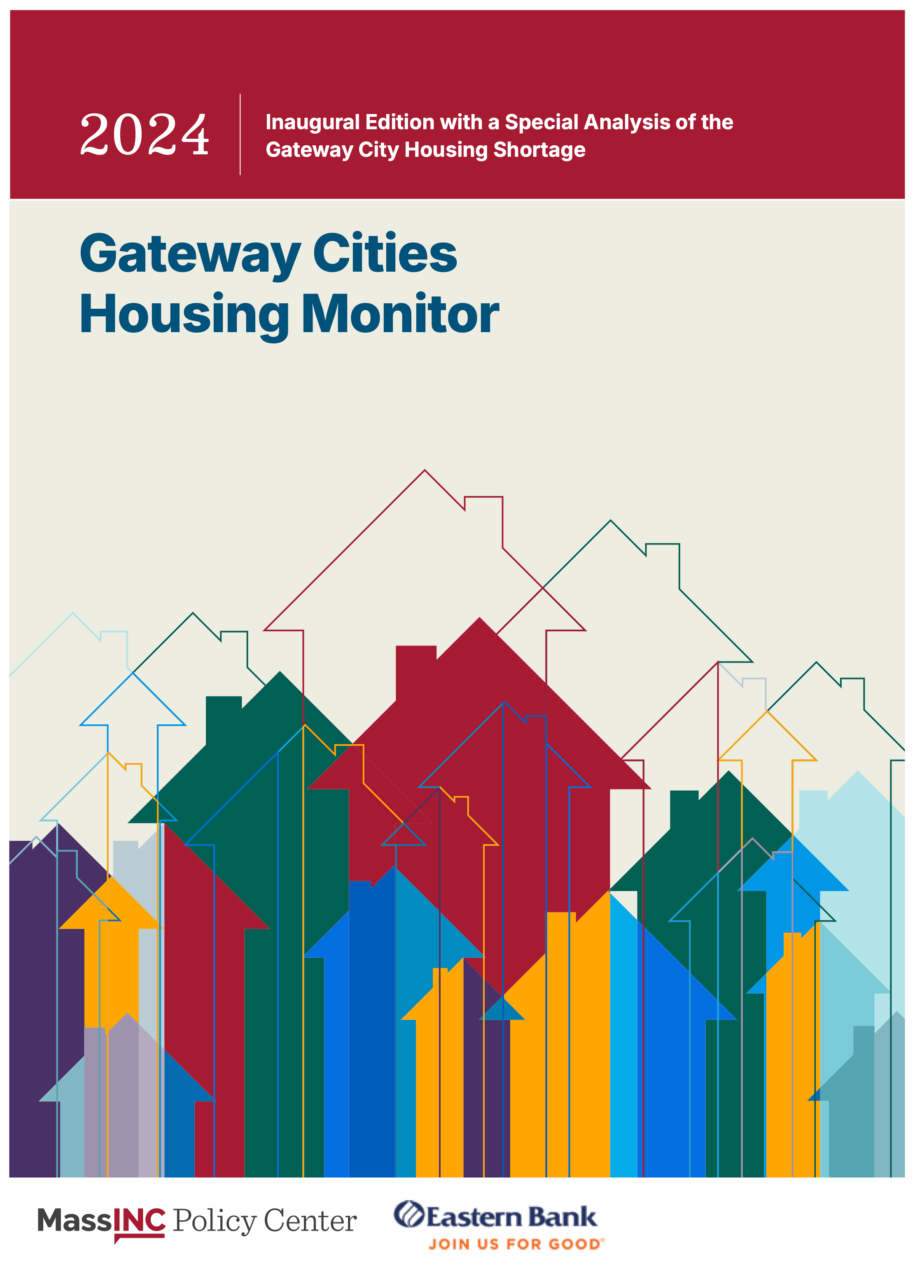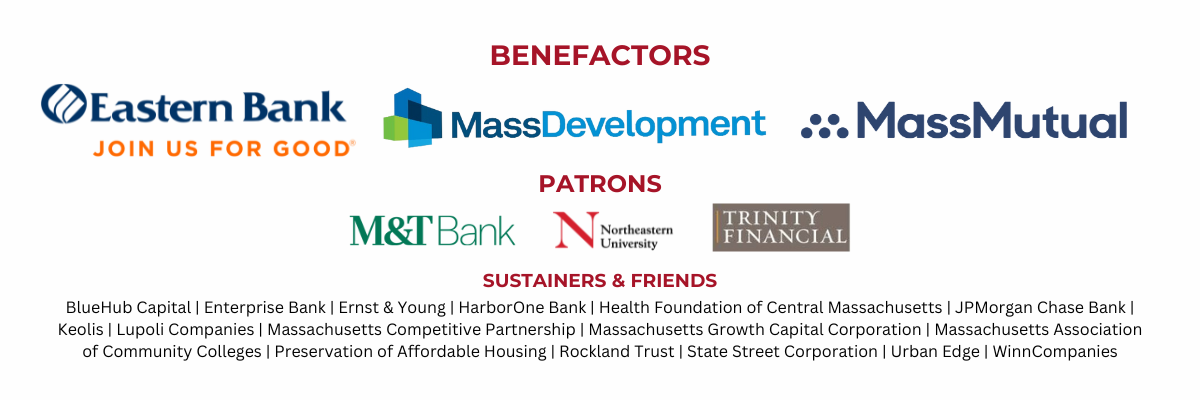Gateway City leaders achieved an important victory recently when the Legislature established a Downtown Vitality Fund with a bond authorization of $9.5 million. If deployed strategically, this new fund could lay the foundation for dozens of well-managed unique, walkable, and vibrant places across the commonwealth.
The Fund became reality on November 20th when Governor Maura Healey signed the Mass Leads Act, the economic development bond bill of the 2023-2024 legislative session. The package authorizes nearly $4 billion for many state programs critical for Gateway Cities along with numerous policy changes.
Based on legislation filed by the Gateway Cities Legislative Caucus and championed by caucus co-chairs Sen. John Cronin and Rep. Antonio Cabral, the Legislature’s action establishes a new line item (7002-8075) in the Executive Office of Economic Development (EOED) that should significantly expand the Commonwealth’s support for local commercial districts across the state.
Combined with the budget bump to $600,000 in fiscal years 2024 and 2025 for the Mass Downtown Initiative (MDI) to provide technical assistance grants to communities, the state will have a much more robust toolbox to strengthen small business areas.
Establishing the Downtown Vitality Fund represents a solid first step, but not the last. In order for the Fund to be transformative, EOED will need to invest strategically in local partnerships that bring together public, private, and nonprofit stakeholders to create a shared long-term vision.
These types of efforts, when formalized, are known as district management. Here in Massachusetts, such tools include business improvement districts (BIDs), cultural districts, and parking benefit districts, along with other types of partnerships such as Main Street models, or local initiatives such as the Lawrence Partnership or The Lowell Plan.
By creating a strong state partner for these local efforts, we have the opportunity to bring these tools to more communities. At present, many Gateway Cities struggle to raise sufficient funds locally to get these efforts off the ground.
Commercial districts that serve cultural and ethnic communities in low-income areas should receive particular attention and investment, as these district management entities can help small businesses expand their customer base and foster the kind of welcoming walking environment that is so essential nowadays to generating foot traffic. By developing public art and programming that reflects the uniqueness of each community, these partnerships help combat cultural displacement as well.
MassINC’s Gateway Cities Innovation Institute looks forward to working with EOED and allies such as MassCreative, the Mass Cultural Council, and the Massachusetts Association of Business Improvement Districts to inform program guidelines for the new fund.
We thank Chairs Payano and McMurty from the Committee on Community Development and Small Business for championing the fund, the State Senate for incorporating it in its economic development bill, and the House and Governor for including it in the final package that became law.
The 2024 Gateway Cities Housing Monitor
The Policy Center’s latest research received significant coverage across the state since its release at the 12th Annual Gateway Cities Innovation Summit.
- Report says Gateway Cities need to double housing production to meet rising demand. – (CommonWealth Beacon)
- To meet housing crisis, report finds Gateway Cities need twice as much construction. – (GBH)
- Report: Gateway Cities across Mass. grappling with affordable housing shortage. – (MassLive)
- MassINC report says 83,000 new housing units need to be built to address an immediate shortage. – (Spectrum News)

In Other News
Housing and Economic Development
- Gov. Healey visits Lynn to celebrate the expansion of MHP’s One+ Mortgage Program to Gateway Cities.
- Fall River welcomes a new TDI Fellow.
- State and local housing advocates break ground on 37 new supportive housing apartments and a housing resource center in Pittsfield.
- A multibillion-dollar data center project is coming to Westfield.
- Mayor Sullivan vetoes an anti-camping ordinance passed by the Brockton city council.
- The Central Massachusetts Housing Alliance predicts a 13 percent increase in the number of homeless adults in Worcester shelters this winter compared to last season.
- The New Bedford Light looks at why it costs so much to build housing.
- The Climate Jobs Institute releases a blueprint for Massachusetts
Education
- Leaders in Lynn are fighting a charter school expansion that would strip $24 million from the public school district’s budget.
- The state board of education weighs changes to vocational school admissions policies in the face of ongoing acceptance disparities.
Transportation
- Pittsfield and Westfield will get a boost of about $3 million in state grants for two projects which will add new routes, create “microtransit,” and bolster commuter transit.
- The Boston Globe looks at how the upcoming rail connection to New Bedford will contribute to growth and revitalization in the Whaling City.
Communities and People
- The city council of Lynn discusses the city’s first equity audit.
- Former state revenue commissioner Navjeet Bal is tapped to run MassDevelopment.
The Gateway Cities Journal is made possible with the support of our sponsors.

Get the latest updates on policy issues impacting Gateways Cities delivered right to your inbox.
The Gateway Cities Innovation Institute strengthens connections across communities and helps Gateway City leaders advance a shared policy agenda.
